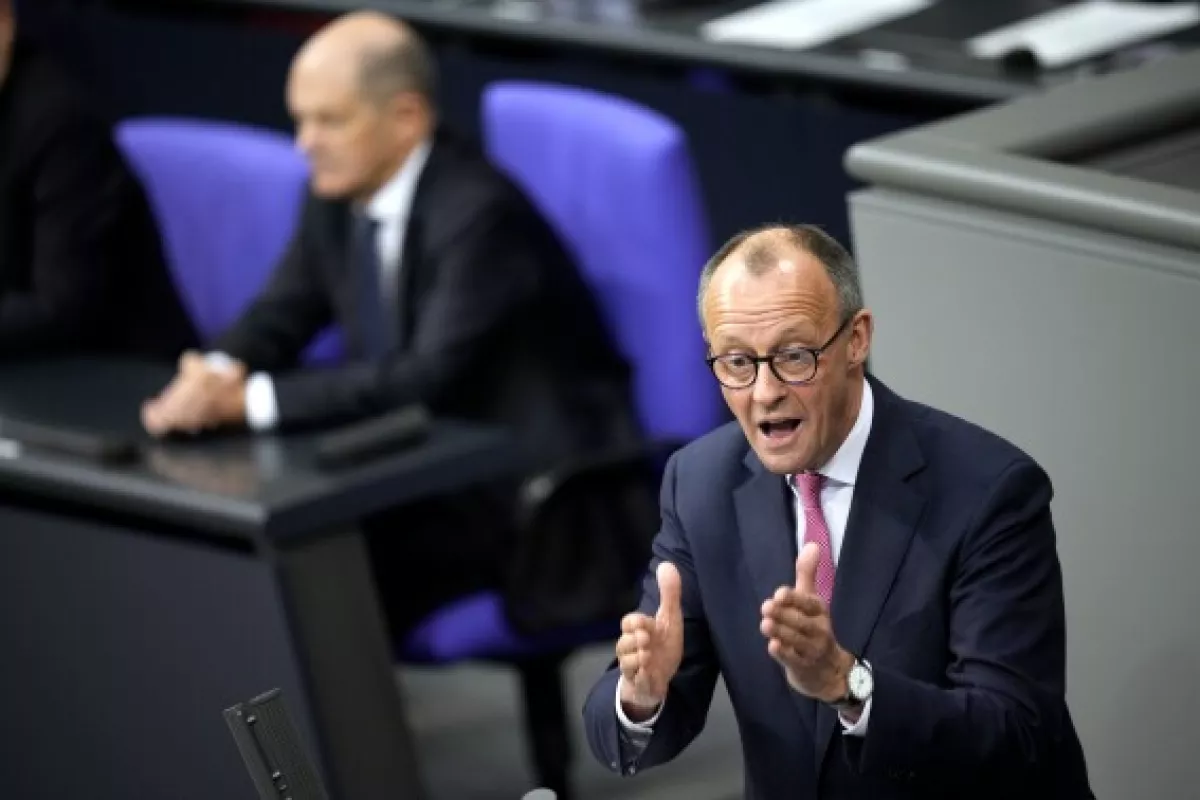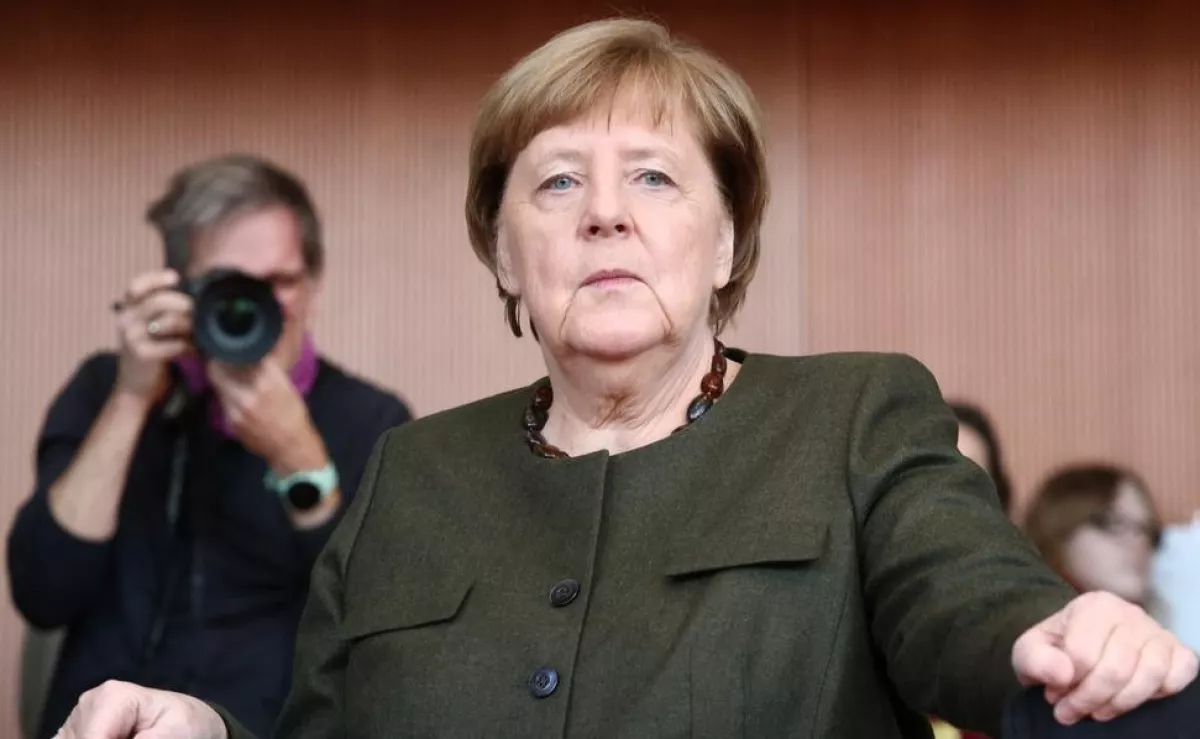Fall of the Berlin "Firewall" Chancellor Olaf Scholz’ dark January
Relying on votes from the far-right Alternative for Germany (AfD), Germany’s conservative CDU and CSU opposition parties supported a proposal on asylum and migration policy this week in the Bundestag. This breach from the German political establishment's unwritten rule of never co-operating with the far-right has sparked a debate over whether the so-called "firewall" (Brandmauer) between mainstream democratic parties and the AfD has ultimately collapsed.
For Chancellor Olaf Scholz (SPD), this issue is likely to dominate the final weeks of his campaign ahead of the German federal snap elections on February 23, 2025 after the collapse of his "traffic light" coalition, a name chosen due to the corresponding official colours of each party that was part of his government. According to an article by the Deutsche Welle January 29, 2025 was a significant day in the history of the Federal Republic for Chancellor Scholz – in a negative sense and with unforeseeable consequences.
Scholz described the motion to tighten migration policy, jointly passed by the CDU/CSU Union, the AfD and the pro-business leftist FDP (which was part of this coalition government), as a "breach of taboo."
The Union had broken a consensus that had existed throughout post-war history among democrats in Germany, "namely, that there is no cooperation between democratic parties and the extreme right. Today, that has happened."
The CDU party announced in 2018, when they were leading the government with their member Angela Merkel still Chancellor while in a coalition with the SPD, that they would reject any coalition or cooperation with both the Left Party and the AfD. Following the collapse of a government coalition in November 2024, CDU leader Friedrich Merz had pledged not to introduce legislation that could rely on AfD support for a majority. However, the historic January 29 vote suggests otherwise.

A mere two days later, on January 31, the Bundestag gathered for another round of votes, this time for the introduction of actual changes to Germany's migration policies.
According to the German Tagesschau, these amendments were also aiming for a tightening of migration policies, also proposed by the CDU/CSU union and equally supported by the AfD together with the FPD. This time the recommendations were rejected.
Although this round did not pass, experts warn that the breach of tradition on January 29 should be taken serious. SPD Chairman Rolf Mützenich even went so far and accused the opposition union for opening the "gates of hell" for co-operating with the AfD.
The article recalls that this "firewall" did witness cracks before already. Cooperation with the AfD has already occurred at local and regional levels—particularly in eastern Germany, but this Bundestag decision marks a turning point. A study by the Rosa Luxemburg Foundation, linked to the Left Party, recorded 120 cases of AfD collaboration between 2019 and 2023. These often involved joint proposals or votes, such as a CDU-backed motion in Berlin’s Reinickendorf district to ban headscarves for young schoolgirls, which passed with AfD support in 2020.

Despite this precedent, Merz insists that the CDU did not coordinate with the AfD on the migration vote. "Collaboration means working together, not just putting something to a vote that others may or may not support," he told German television.
Merz also questioned the "firewall" analogy, stating "The firewall is the wrong image. I want to prevent the fire behind the wall from turning into a wildfire across all of Germany," arguing that migration limits are a priority for most Germans.
Merkel, who rarely comments on politics since her 2021 retirement, issued a statement expressing disapproval. She supported Merz’s previous pledge to seek majorities only with centrist democratic parties but criticized his decision to abandon this stance, enabling the first Bundestag majority vote with AfD backing.

Public opinion is divided in this matter. A pre-vote poll by Forschungsgruppe Wahlen for German broadcaster ZDF found that 47% of respondents supported the CDU/CSU's willingness to accept AfD backing, while 48% opposed it. Additionally, a staggering 71% agreed that the AfD poses a threat to democracy.
While the latest attempt to restrict Germany's migration policy failed, the historic Bundestag vote signals a shift in Germany’s political landscape, raising questions about future cooperation between mainstream conservatives and the far right as can be seen in countless examples around Europe and beyond.
By Nazrin Sadigova








